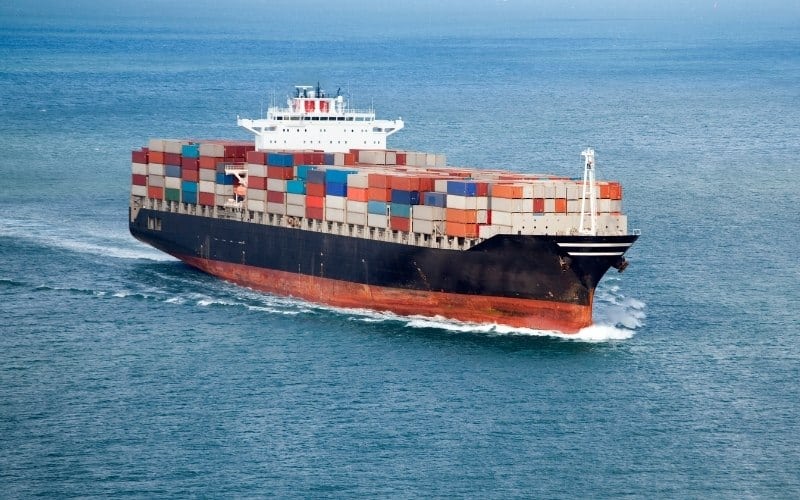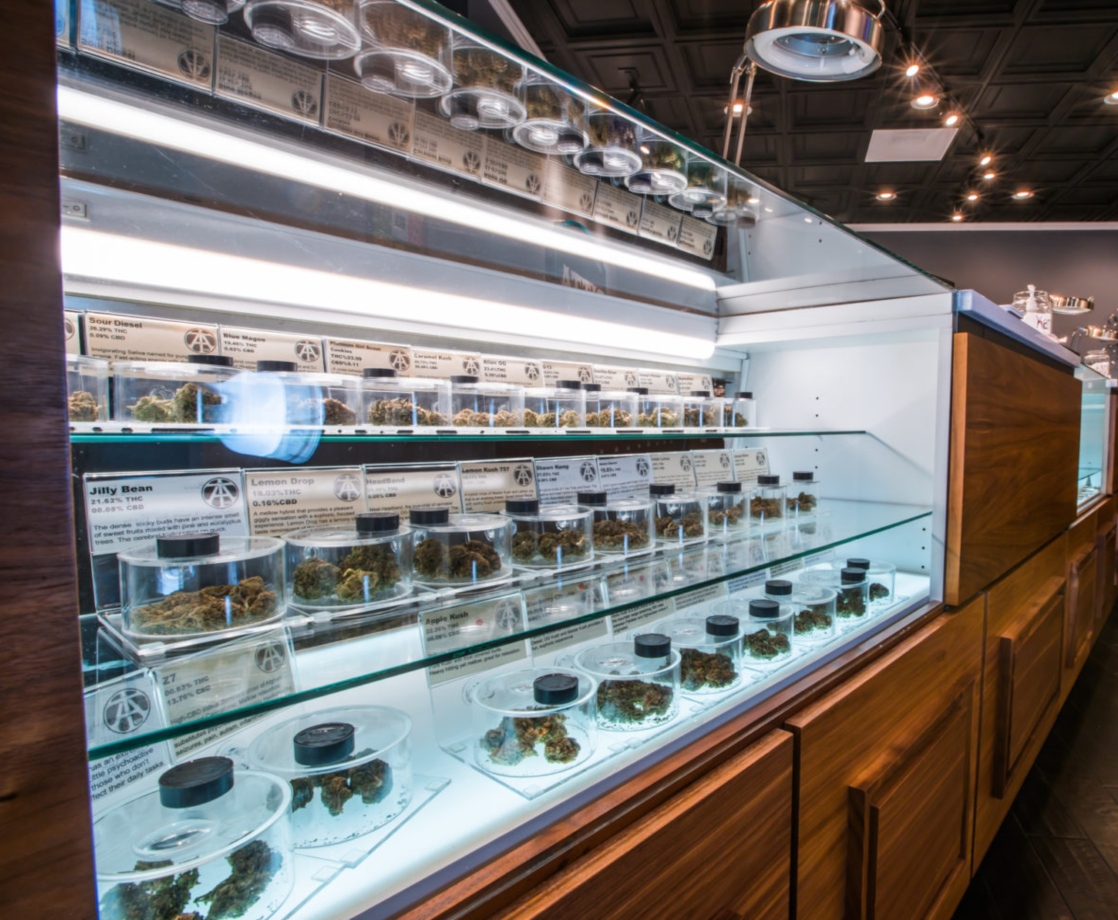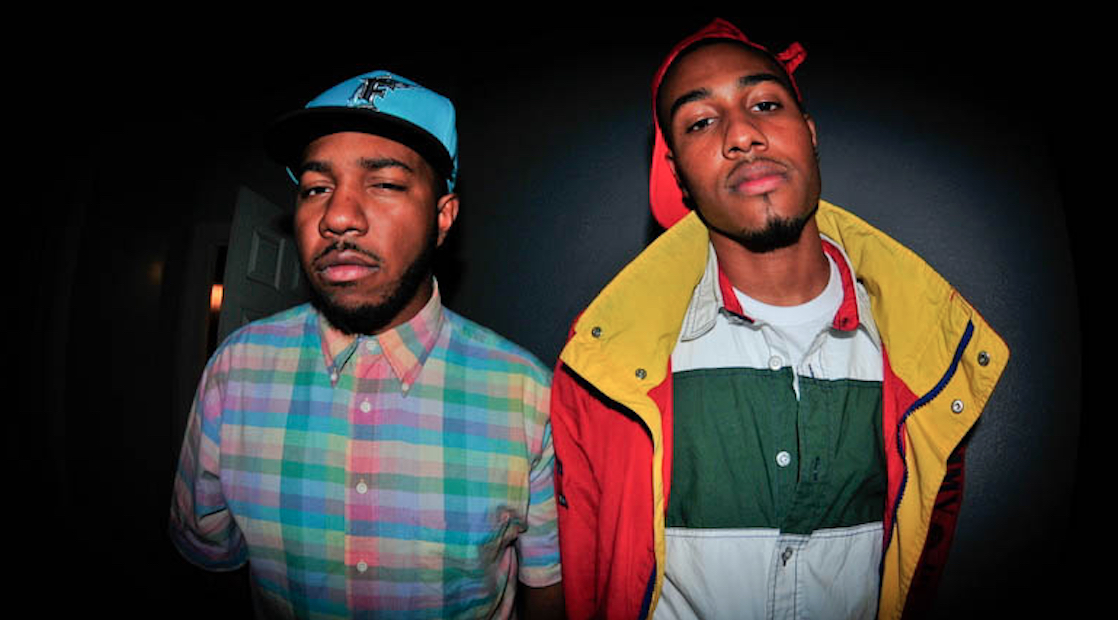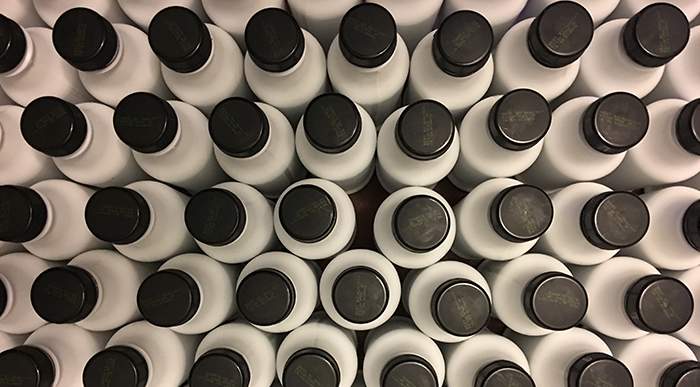Image via
The port employees were in on it. And so was Customs.
Vice reports that Italian police busted a cocaine smuggling ring involving workers at a port in Southern Italy that was allegedly built with mafia cash.
On Thursday, nearly 300 cops executed coordinated raids across Italy, arresting a total of 36 people aiding in the facilitation of smuggling multiple tons of coke from South America to the port of Gioia Tauro in Calabria.
After a two-year investigation led by Italy’s financial crime and smuggling police force, the Guardia di Finanza, law enforcement seized £6 million (approximately $6,652,500.00 USD) in criminal assets and four tons of cocaine. This accounts for over a quarter of the 14 tons of drugs that entered Italy through the Mediterranean sea last year, Vice reports.
The arrests included 14 dock workers, a customs official, road haulers, field coordinators who managed the corrupt dock workers, and eight mobsters alleged to have overseen the operation. All arrested are thought to be members of the ‘Ndrangheta clan, a powerful Calabrian mafia group that paid for and built the port in the ‘90s.
A man named Raffaele Imperiale, an alleged kingpin of the Naples-based Camorra mafia, is also being investigated. He’s already serving a prison sentence of eight years for drug trafficking in Italy. The 48-year-old became famous after two original Vincent Van Gogh paintings were found in the basement of his Naples home after they had been missing for 14 years. He’s now being accused of arranging a smuggling deal involving the concealment of two tons of cocaine in bananas and transporting it from Colombia to Gioia Tauro in March of 2021.
The cops went undercover and accessed encrypted phone conversations, giving them access to key discoveries, including a 300kg shipment of cocaine smuggled in a container on the MSC Adelaide from Santos, Brazil. It was handled by the customs official who was in on the deal. He falsified the results of an x-ray scan to make it look like there was no cocaine inside. Doing this awarded him €261,000 ($254,193.12 USD), three percent of the €8.7 million (roughly $8.4 million USD) value of the cocaine.
The port workers moved the loaded containers of cocaine to an unloading area, where it was transferred to a second container, which was then passed onto what police allege was a road hauler company (who were also in on the deal) to be taken out of the port for distribution by the mafia. For each shipment, mobsters paid between 8 and 18 percent of its value to the dock workers, truck drivers, and others who made up the logistics team. Quite an expensive ordeal.
“This case shows how the logistics of cocaine importation works when done by ‘Ndrangheta clans at the core of ‘Ndrangheta territory,” said Anna Sergi, criminology and organized crime professor at the University of Essex who specializes in the Calabrian mafia, Vice reports. “Cooperation at this level is only possible when gains are so high.
“It is alleged Imperiale [the Comorra kingpin] provided local ‘Ndrangheta brokers with the contacts and the reputation for this operation. Having access to Imperiale’s network, this group operated at the highest levels of the supply chain,” said Sergi, author of Chasing the Mafia: ‘Ndrangheta, Memories and Journeys.
Having people on the inside is the only way to get away with something like this. It’s enlightening to see how infiltrated this mafia is. “This investigation uncovered how the ‘Ndrangheta is using corruption to enable its criminal activity and undermine law enforcement’s efforts,” said Jari Liukku, head of the European Serious and Organized Crime Center at Europol, which helped with the investigation. “Europol sees the use of corruption, in the private or the public sector, as a major enabler of organized crime. We are very pleased to have joined forces with the Italian Guardia di Finanza to support them in fighting large-scale drug trafficking as well as corruption at an EU entry point.”











